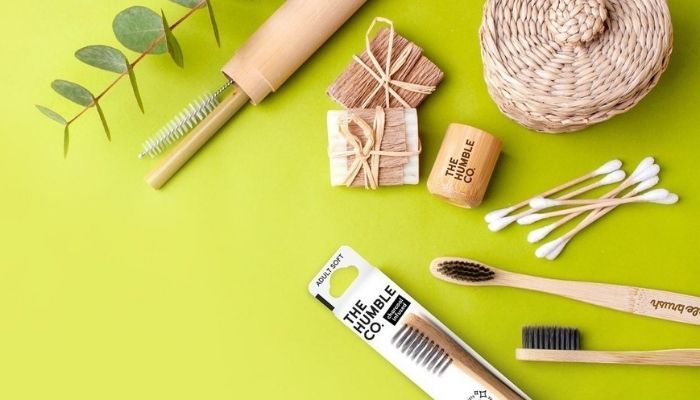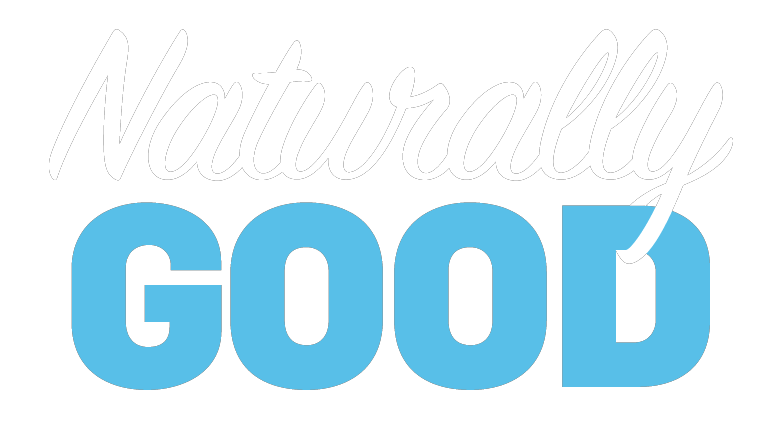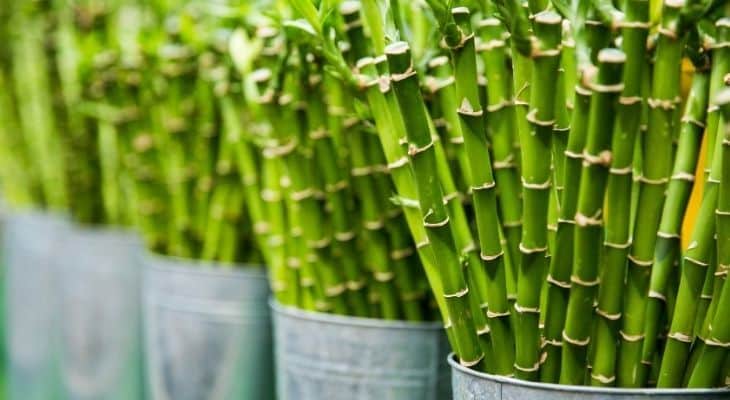Bamboo might have been seen as a resourceful material since ancient times, but it’s thanks to a semi-recent surge in popularity that trading this plant has turned into big, big business. In 2019, the bamboo market was valued at more than $100 million globally – and growing. By 2026, it’s estimated it’ll be worth at least $140 million worldwide.
One brand already tapping into that market is Sweden-based The Humble Co. The company was founded in 2013 by Noel Abdayem, a dentist turned entrepreneur, after he had been exposed to the negative environmental impact of plastic waste while doing voluntary work in Jamaica. Launching with the Humble Brush, a bamboo toothbrush made from 100 per cent biodegradable bamboo, The Humble Co. has added bamboo cotton swabs and straws to its line-up.
“We’re adamant about the positive aspects of using bamboo as opposed to plastic and we now have tons of competitors popping up all around the world,” says The Humble Co. product manager Patrick Verkland. “We’re super happy to know that many of the bigger plastic manufacturers are also jumping on this train. Even if 99 per cent of the products they make are still plastic products, it shows things are moving in the right direction.”

When you consider the Australian Dental Association says toothbrushes should be replaced roughly every three months, by choosing and using a bamboo toothbrush, that’s a fair bit of plastic you’d save from going into landfill over your lifetime.
While waging war on plastic is a very good reason bamboo has gained popularity, it’s not the only one. Far from it.
Five (Other) Reasons Bamboo is Here to Stay
1: It’s renewable and sustainable. “Bamboo is a great material for a range of reasons,” says Verkland, “but the fact it’s so fast growing is a big plus.” In fact, bamboo, which is technically a grass, is officially recognised as one of the fastest growing plants on the planet. While it takes between 10-30 years until most trees can be used for their wood, it takes just three to five years until bamboo is hard enough to serve as a wood alternative.
Stephanie Audino, brand marketer for Australian sustainable clothing label Boody, says it’s a big part of the reason bamboo was chosen as the brand’s go-to fabric. “Bamboo is fast growing and quick to regenerate, making it one of the best plants to utilise on the sustainability front,” she says.
2: It’s eco-friendly. On top of being biodegradable, bamboo is beneficial for air pollution, absorbing up to 35 per cent more carbon dioxide and producing more oxygen than many tree species. Plus, as well as helping to control erosion and consuming huge amounts of nitrogen to help reduce water pollution, Audino says Boody’s bamboo crops are water-wise, too. “Boody’s bamboo is grown organically without the need for artificial irrigation.”

3: It’s strong. As strong as steel, in fact, and infinitely cheaper – two attributes that appealed to Grants of Australia, the makers of the country’s original natural toothpaste, when the brand decided to add a toothbrush to its product range. “It was a natural progression for us to make toothbrushes and there was never a question about the material we’d use,” says the company’s general manager, Tammy Seligmann. “Bamboo was our first choice because, as well as being biodegradable, it’s strong and affordable.”
4: It’s breathable and comfortable. Or at least the fibres and fabrics it gets turned into are. “Because Boody’s garments are thoughtfully crafted from organically grown bamboo, they’re super soft, comfy and breathable,” says Audino. “This not only means they’re a dream to wear, they’re also resilient, which fits with our brand’s ethos. We reject the notion of ‘fast fashion’ and bypass trends and fads as we believe they lead to overconsumption and waste. Instead, we’re committed to building a wardrobe of quality, long-lasting basics.”
5: It has mass-market appeal. Verkland believes this is essential for creating real change. “Being able to use bamboo to make a product, like a toothbrush, that caters to a wider mass, above and beyond the eco-warriors out there, increases reach and ultimately will put a bigger dent in plastic consumption.” Seligmann agrees: “I think people are more aware of our climate crisis now and the many different elements that impact that crisis, including our pollution problem and what goes into landfill. Consumers want to make changes, but they need to be simple, effective and convenient. Switching from a plastic to a bamboo toothbrush is one of those easy and effective changes.”

